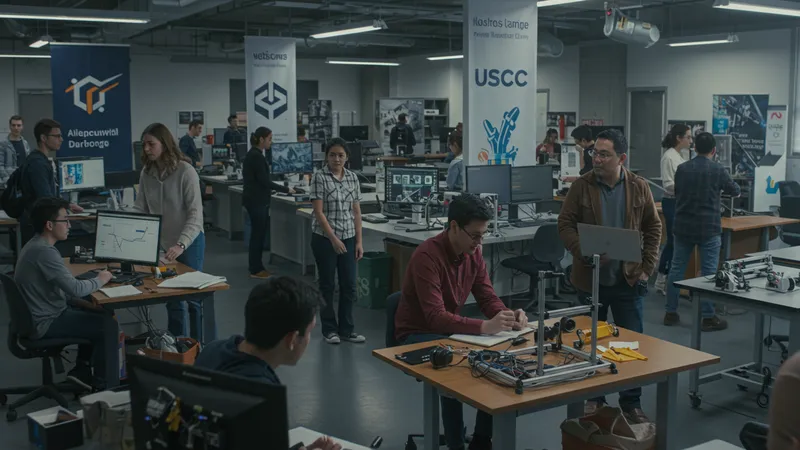
Vocational & Skill Development Campuses For The Workforce Of Tomorrow
Industry Collaboration and Real-World Integration
Integral to the future-focused mission of these campuses are robust partnerships with industry. Collaboration extends well beyond course content, shaping internship pipelines, mentorship programs, and job-shadowing experiences. For instance, P-TECH’s ongoing alliances with tech giants and local corporations give learners privileged access to guidance from professionals, early exposure to corporate culture, and sometimes even guaranteed interviews after graduation.

Festo Learning Centers have established networks with manufacturers and automation vendors, enabling trainees to collaborate on joint research projects or prototype development. These partnerships often lead to opportunities for learners to showcase their skills to potential employers during campus-hosted events and competitions. The real-world feedback loop ensures that the curriculum remains sharply relevant.
Additionally, National Safety Council Training Centers work directly with companies to address sector-specific safety needs. This can include custom workshops for fields such as logistics, warehousing, or energy, leveraging real accident data to build more effective training scenarios. Such client-focused customization distinguishes these campuses from more static, generic training options.
Ultimately, sustained industry involvement means that campuses act as bridges, not barriers, between education and the workforce. Students become fluent in the languages, practices, and cultures of their target sectors, developing lasting relationships with mentors and forming networks that support successful, adaptable career paths.